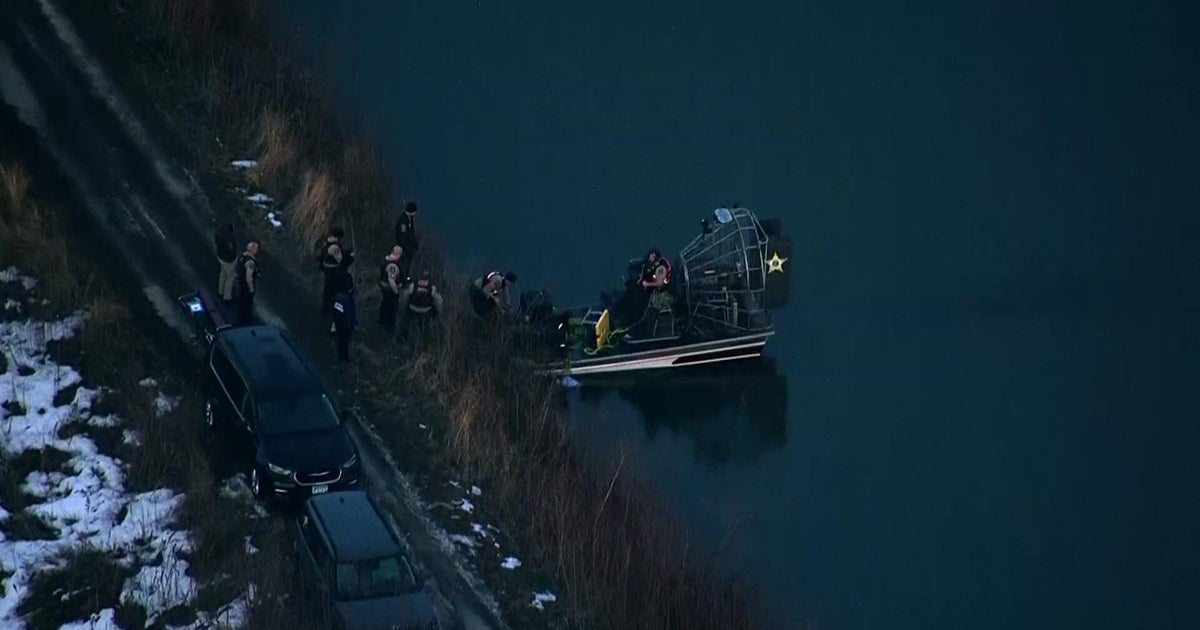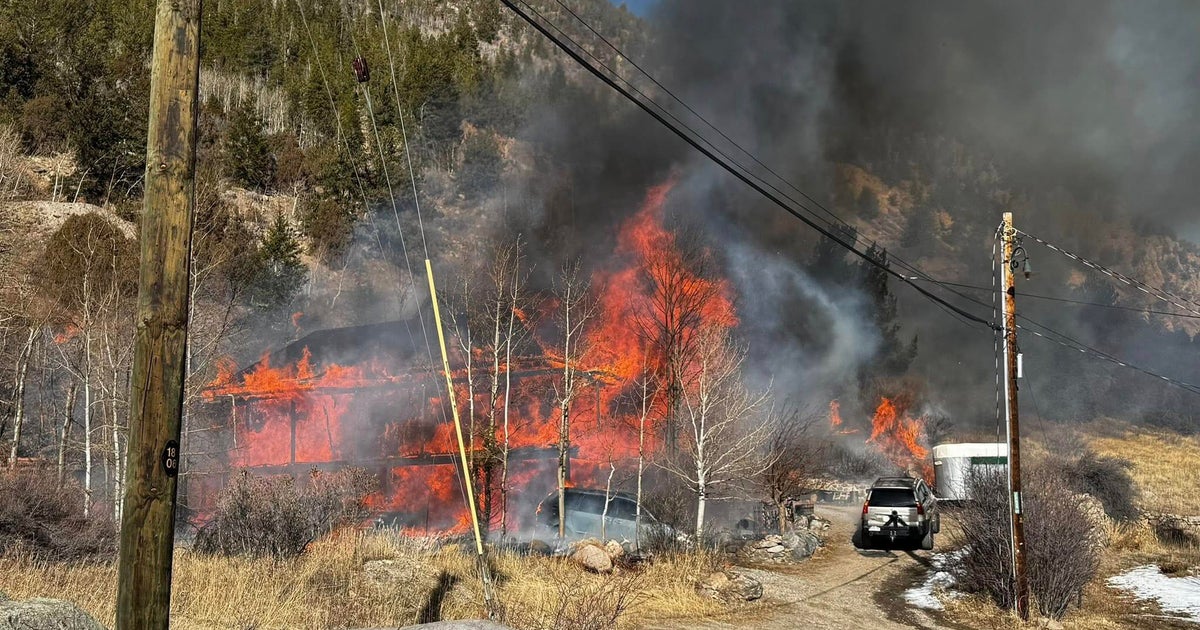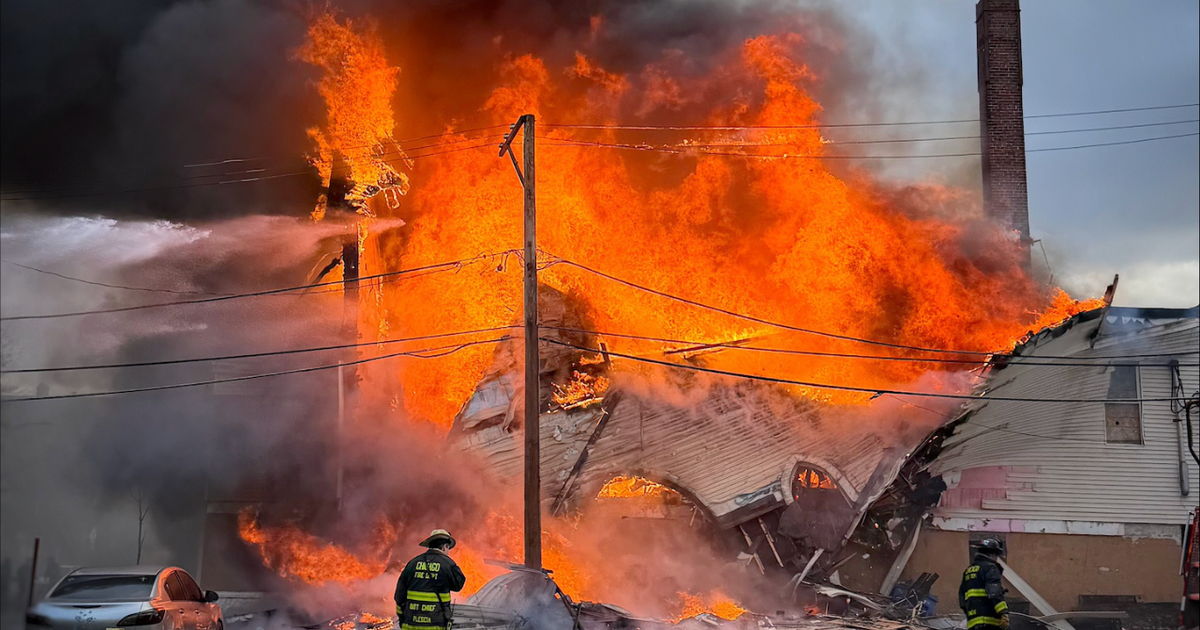Bait Fish Die-Off Causes Stench, Environmental Threat In Peconic Bay Area
RIVERHEAD, N.Y. (CBSNewYork) -- Parts of Long Island have been mired in a smelly situation, following a massive fish die-off.
As CBS2's Jennifer McLogan reported, tens of thousands of dead bait fish have been floating in the rivers, creeks and bays of the Peconic.
On the dock outside his Riverhead home, Terry Hulse counted thousands of dead bunker fish in what amounts to one of the most unusual die-offs in recent memory.
"You can smell it driving over the bridge" and from a mile away, he said. "As they rot and die, it's going to eat up all the oxygen – there's no oxygen in water now. Like hopefully, this wind and water will clean it out."
The bunkers, also known as menhaden, appeared wall to wall along the shoreline. Starved for air, the fish emerged in the Peconic Estuary.
Schools of the bait fish come yearly to the river, creek and bay to spawn, near the Indian Island Golf Course. They are chased by larger predators such as bass, blues, and fluke.
The New York state Department of Environmental Conservation said fish kills are a common part of the life of the ecosystem in the area – but this event is extreme.
"It's alarming and it smells, but you know, there's tens of thousands of fish that you see. So yeah, it's troubling," said Stony Brook University marine scientist Christopher Gobler.
Gobler believes a lack of oxygen is to blame.
"We know for sure the oxygen levels in the Peconic went to zero on Thursday, and Friday -- up to six hours," he said. "Marine life can't survive without oxygen."
Gobler studies Long Island coastal waters, and said at the same as the fish arrived, there was a very dense toxic algae bloom. That in turn was caused by a nitrogen spike that Gobler liked to sewage treatment plants and cesspools.
While scientists attribute the massive die-off to too much nitrogen, some fishermen blame quotas.
The health of the bait fish population allows regional governments to set quotas on catch. More bunkers dying and decomposing could pose an environmental risk.
"The winds and tides have actually helped the process from our end at the moment," said Southampton Town Supervisor Anna Throne Holst. "But that could change, and so we continue to monitor it."
A public health state of emergency was considered, but the winds that were out of the southwest have shifted east and full moon tides have returned. Thus, the fish began washing back out with the water this past weekend.
Last week, turtles died in the same area of the Peconic.
Suffolk County will continue to test the water near bathing beaches.







